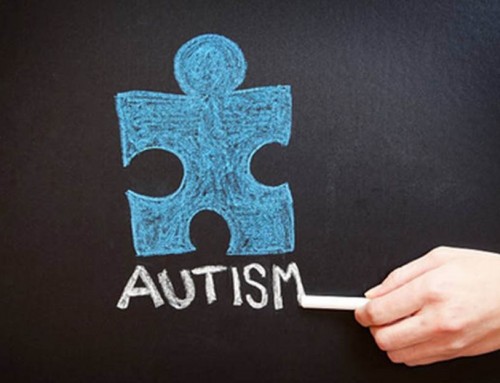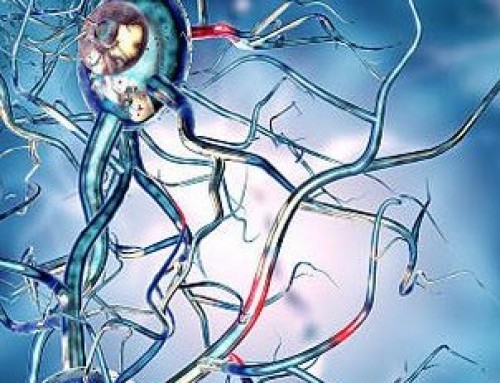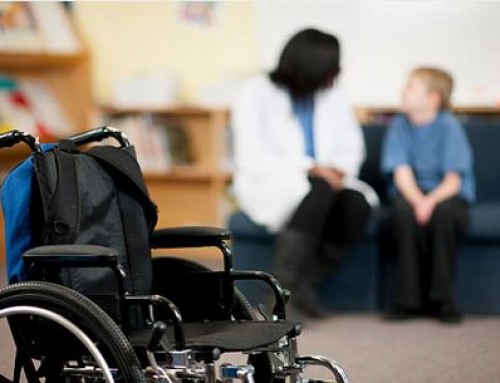Researchers Gain New Insights Through Stem Cell Autism Research
 The Salk Institute for Biological Studies is an academic research facility focused on developing greater insights into topics ranging from regenerative medicine to neurological disorders. Recently, their work has led them to the field of stem cell autism research.
The Salk Institute for Biological Studies is an academic research facility focused on developing greater insights into topics ranging from regenerative medicine to neurological disorders. Recently, their work has led them to the field of stem cell autism research.
Stem Cells Used to Research Autism
A team of researchers has been focusing their attention on neurological development of people diagnosed with autism spectrum disorders (ASD). In their research, the team has been able to identify cellular indications of early neural overgrowth. Further, their observations have been consistent with prior research that identified where brain overgrowth takes place in approximately 30% of individuals diagnosed with ASD.
What makes the work done by Salk extraordinary is that it was completely non-invasive. Researchers were able to take skin cells from the arms of patients and turn them into neurons by using modern stem cell reprogramming techniques.
The research team has published their complete study in the Journal of Molecular Psychiatry on July 6, 2016.
Practical Applications
The Salk research team has been able to demonstrate that reprogramed stem cells may provide a new innovation into the research of various disorders and “evaluate potential therapeutic drugs.” Further, they explained that this technique allows for a more direct observation of cellular behaviors not previously possible.
While this individual research does not provide any immediate new treatments, it does help open a door to new innovations and mechanisms for researching conditions such as autism. It also provides validation to those considering some form of stem cell or cord blood storage. It remains unclear which innovations will result in new treatments; however the stem cell autism research shows that progress continues to be made.
Keep your eyes open for more innovations in the future when it comes to stem cells and autism.

Referenced Materials:
-
M C Marchetto, H Belinson, Y Tian, B C Freitas, C Fu, K C Vadodaria, P C Beltrao-Braga, C A Trujillo, A P D Mendes, K Padmanabhan, Y Nunez, J Ou, H Ghosh, R Wright, K J Brennand, K Pierce, L Eichenfield, T Pramparo, L T Eyler, C C Barnes, E Courchesne, D H Geschwind, F H Gage, A Wynshaw-Boris, A R Muotri. Altered proliferation and networks in neural cells derived from idiopathic autistic individuals. Molecular Psychiatry, 2016; DOI
-
Hazlett HC, Poe MD, Gerig G, et al. Early brain overgrowth in autism associated with an increase in cortical surface area before age 2 years. Arch Gen Psychiatry. 2011;68(5):467-476





